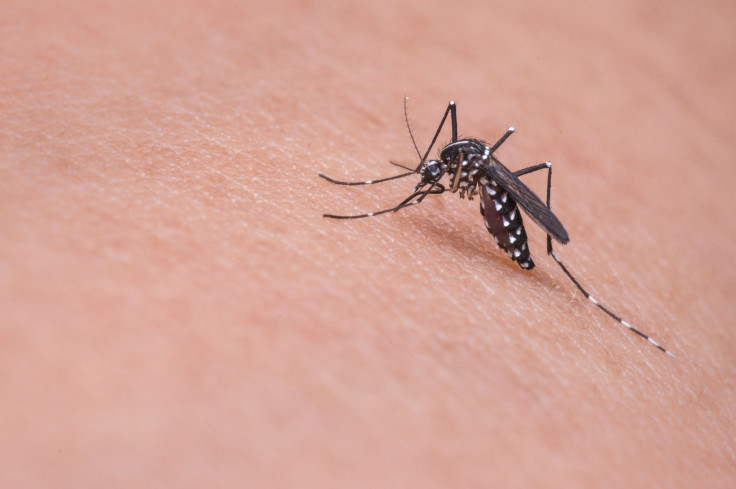Researchers Discover Way To Eliminate Malaria Carrying Mosquitoes
KEY POINTS
- Researchers have come up with a genetic modification that could eliminate malaria mosquitoes
- The researchers used gene drive technology
- This technology forced mosquitoes to produce more male offspring
Researchers from the Imperial College London have come up with a genetic modification that will pave the way for the elimination of malaria mosquitoes. Scientists say that the alteration distorts the sex ratio of caged Anopheles gambiae mosquitoes using what they call a ‘gene drive’ technology.
Effective At Controlling Natural Mosquito Populations
The modification of the research team forces mosquitoes to produce more male offspring, which may eventually lead to no females being born. This could facilitate the total collapse of their population. The experiment is the first successful sex-altering gene drive ever developed, a benchmark for scientists, as the modifications are expected to be very effective at regulating natural mosquito populations.
Records indicate that in 2018, there were around 228 million cases of malaria and 405,000 fatalities. Since that time, health experts have been developing new interventions that will ultimately eradicate malaria. Scientists say there are approximately 3,500 species of mosquitoes worldwide and only around 40 species can carry the disease. The genetic modification was administered to Anopheles gambiae mosquitoes, a major malaria vector in sub-Saharan Africa.

Spreading Sex-Distorter Gene
Researchers are hoping that the Anopheles gambiae mosquitoes with sex-distorter gene drive will be spreading the male bias in the future and cause local malaria-carrying mosquitoes’ populations to collapse. Since only females bite and consume blood meals, it is only them who can pass on the disease. This means the modification could cause a double effect by biasing the mosquitoes’ population towards lesser females even before their population collapses.
The lab-based trials were performed on caged populations of mosquitoes and more tests are needed before the researchers consider releasing any of these modified mosquitoes in the wild. The results of the experiments are due to be published on May 12 in Nature Biotechnology.
A Key Milestone
According to Professor Andrea Crisanti, lead scientist and Faculty of Natural Sciences, Department of Life Sciences at Imperial, the study is a key milestone as regards biasing the mosquitoes’ offspring. “This study represents a key milestone in the long-sought objective to bias the progeny of the human malaria mosquito so that only non-biting males are produced. Having a proven driving sex-distorter opens a new avenue for scientists to develop genetic vector controls of malaria to eradicate the disease,” Dr. Crisanti said.
© Copyright IBTimes 2024. All rights reserved.





















